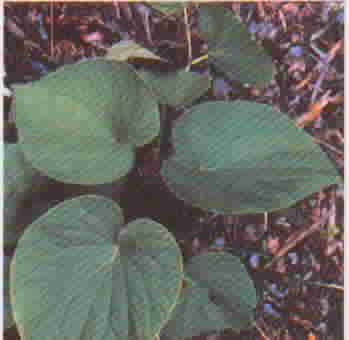 Does it matter whether the kava formulation is an aqueous, ethanolic, or acetonic extract?
Does it matter whether the kava formulation is an aqueous, ethanolic, or acetonic extract?
Researchers from the Johann Wolfgang Goethe-University of Frankfurt/Main, in Germany tell us the risk of liver toxicity exists with all forms of kava.
First, the details.
- The risk of liver toxicity by kava and kava/herbs mixtures was assessed using an aqueous extract of kava.
- The findings were compared to 2 other extraction solutions.
And, the results.
- Causality was established in 5 patients for aqueous kava extracts and kava/herbs mixtures.
- A comparison with 9 patients with established causality of liver toxicity by ethanolic and acetonic kava extracts revealed that the clinical picture in all 14 patients was similar, independent of whether aqueous, ethanolic, or acetonic kava extracts or kava/herbs mixtures were used.
The bottom line?
It appears that the risk of liver toxicity is related to the kava plant itself and not to the method of extracting the active components.
More about “causality” is discussed here. Most case reports of drug toxicity concern “suspected” adverse drug reactions. They are rarely specific for the drug, diagnostic tests are usually absent, and readministering the suspected drug is rarely ethically justified. “Causality assessment” offers a systematic approach to estimating the likelihood that the drug (herb) in questions was responsible for the adverse effect reported.
6/13/09 16:22 JR